No surprises, no emergencies, no wondering when something’s going to go wrong with your septic system.
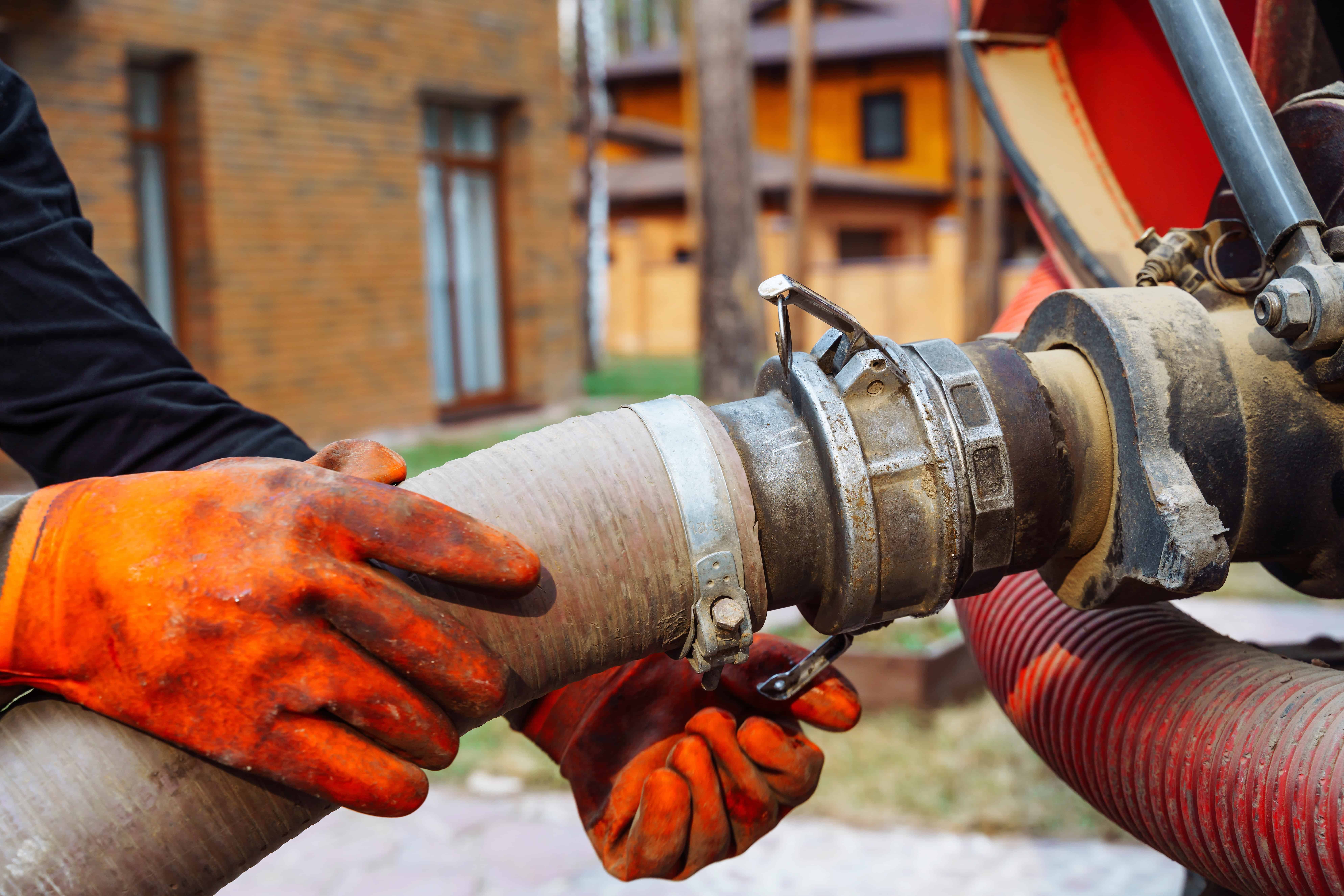
Hear from Our Customers
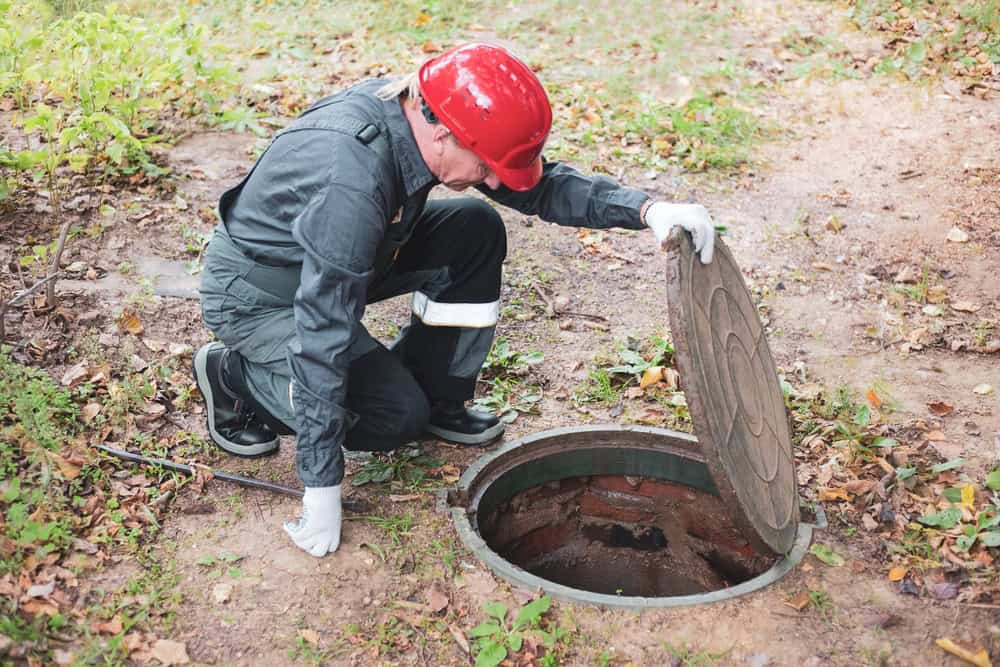
You stop worrying about your septic system because it’s actually maintained properly. You know exactly when your next pumping is due, what warning signs to watch for, and who to call when you need help.
Your property value stays protected. Your family stays safe. Your neighbors don’t complain about odors, and you’re not scrambling to find a contractor when something goes wrong at the worst possible time.
Most importantly, you understand how your system works. No more guessing games about whether that gurgling sound is normal or if you can flush that down the toilet. You have real answers from people who actually know septic systems in Copiague and understand how Long Island’s sandy soil affects your system’s performance.
We’ve been handling septic tank services throughout Copiague and Long Island for years. We’re not general plumbers who dabble in septic work – this is what we do every day.
We’re licensed, insured, and we follow New York state regulations for waste disposal. More importantly, we understand how septic systems behave in Long Island’s unique soil conditions, which matters more than most people realize.
When we show up, we explain what we’re seeing, what needs to happen, and why. No technical jargon, no scare tactics, just straight information so you can make good decisions about your property.
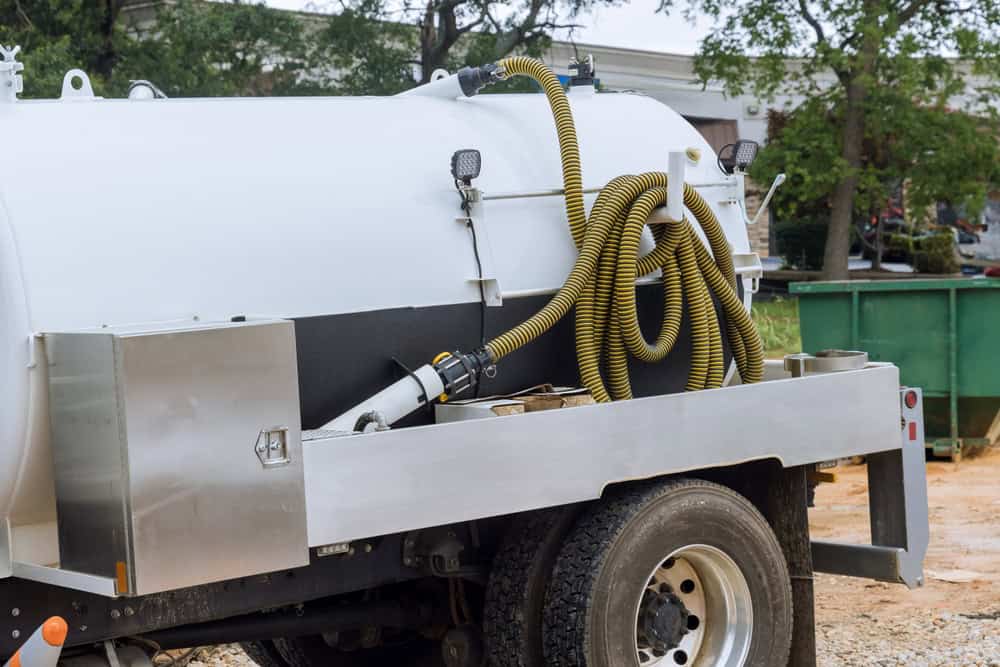
First, we locate and uncover your septic tank access ports. We inspect the tank condition, measure sludge and scum layers, and check your baffles and inlet/outlet pipes for damage.
Then we pump out the accumulated solids and liquids using our vacuum truck. We don’t just empty the tank – we also clean the walls and remove any debris that could cause problems later.
Before we finish, we inspect your distribution box and check for any signs that might indicate problems with your leach field. We’ll let you know what we found, when you’ll need service again, and flag anything that needs attention before it becomes a bigger issue.
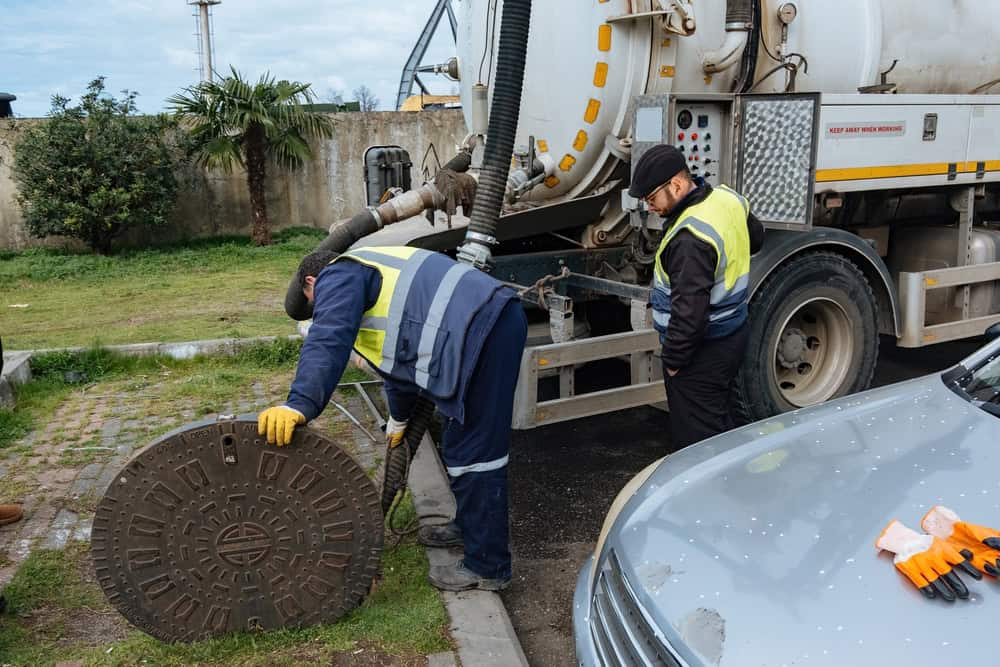
Ready to get started?
We handle everything your septic system needs. Regular pumping and maintenance, emergency repairs when things go wrong, and full system installations for new construction or failed systems that need replacement.
Our septic tank installation work includes proper sizing for your household, soil testing and perc tests, permit coordination with Suffolk County, and installation that meets all current codes. We also handle distribution boxes, pump chambers, and leach field work.
For Copiague properties, we understand the local soil conditions and groundwater levels that affect system performance. This isn’t cookie-cutter work – your system needs to be designed for your specific property conditions and household size.
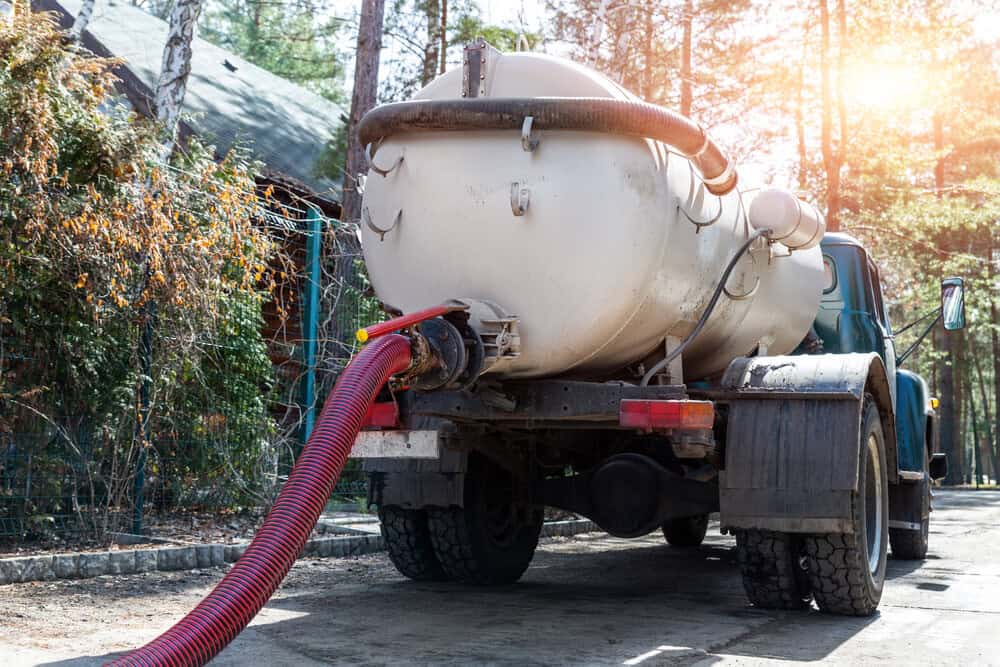
Don’t let cesspool issues disrupt your day. Reach out now for a free estimate and expert service.
©2025 Quality Cesspool All Rights Reserved. SEO Company NYC – Web Design & SEO by Hozio